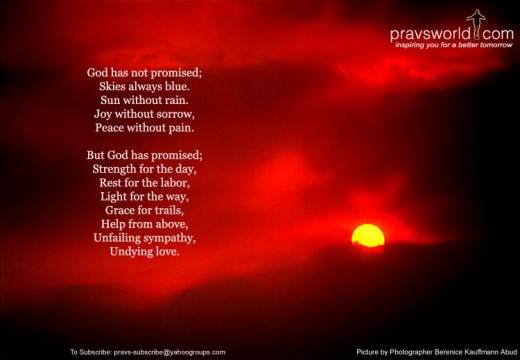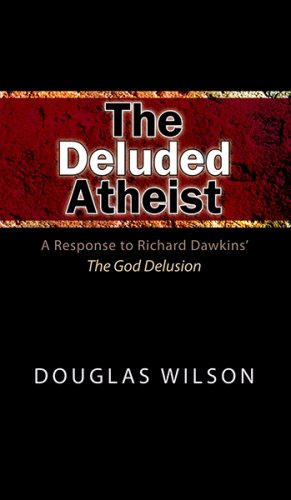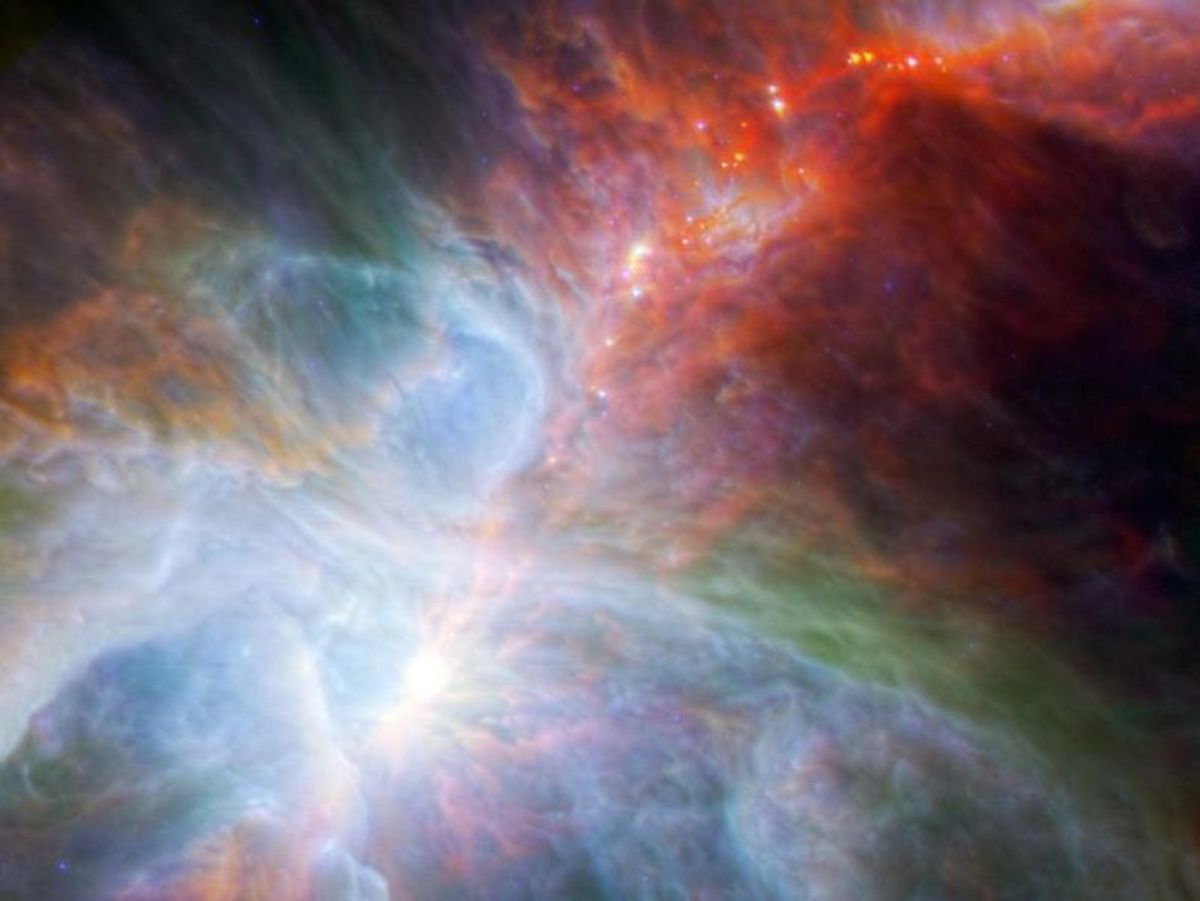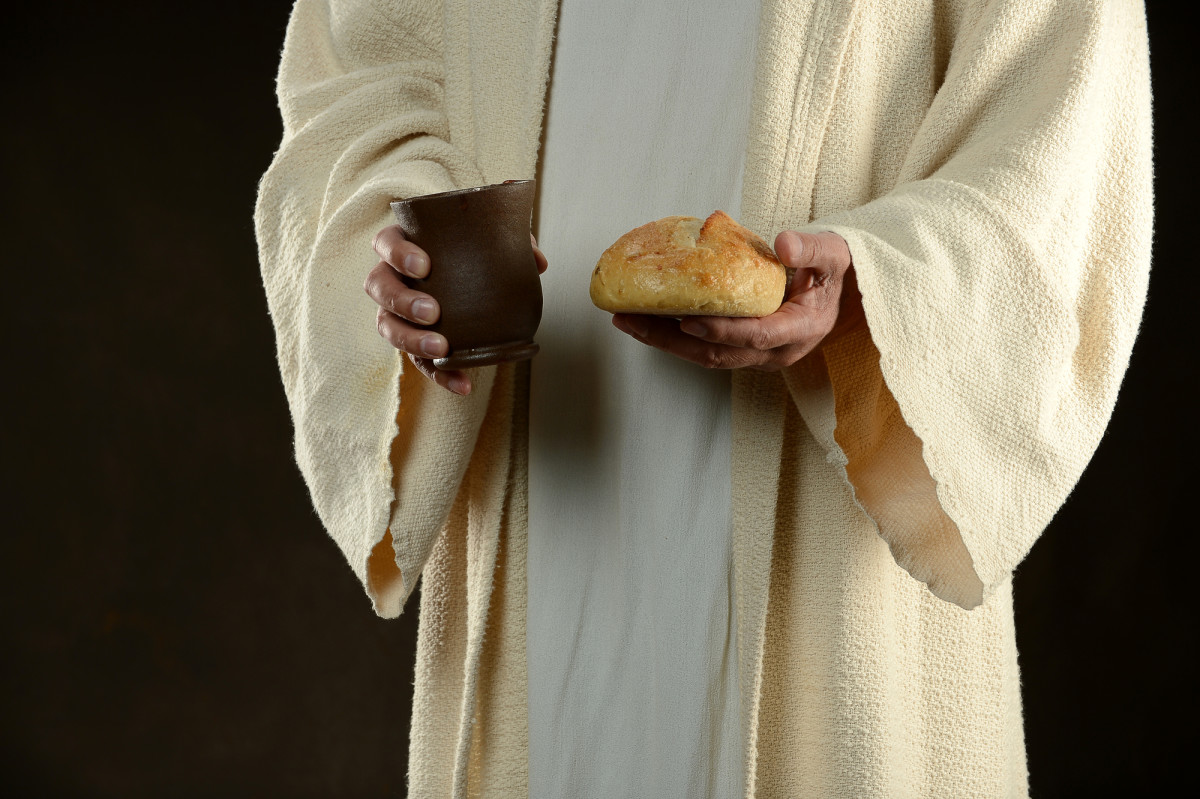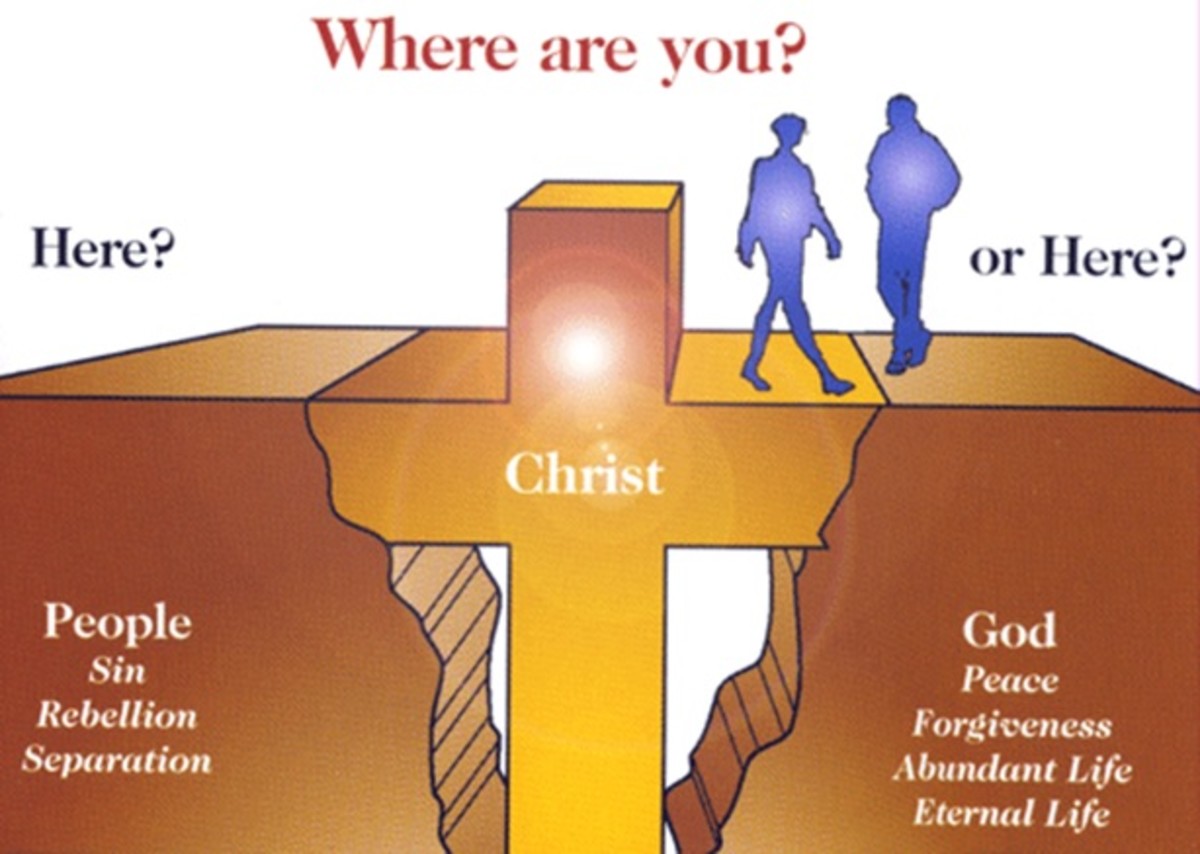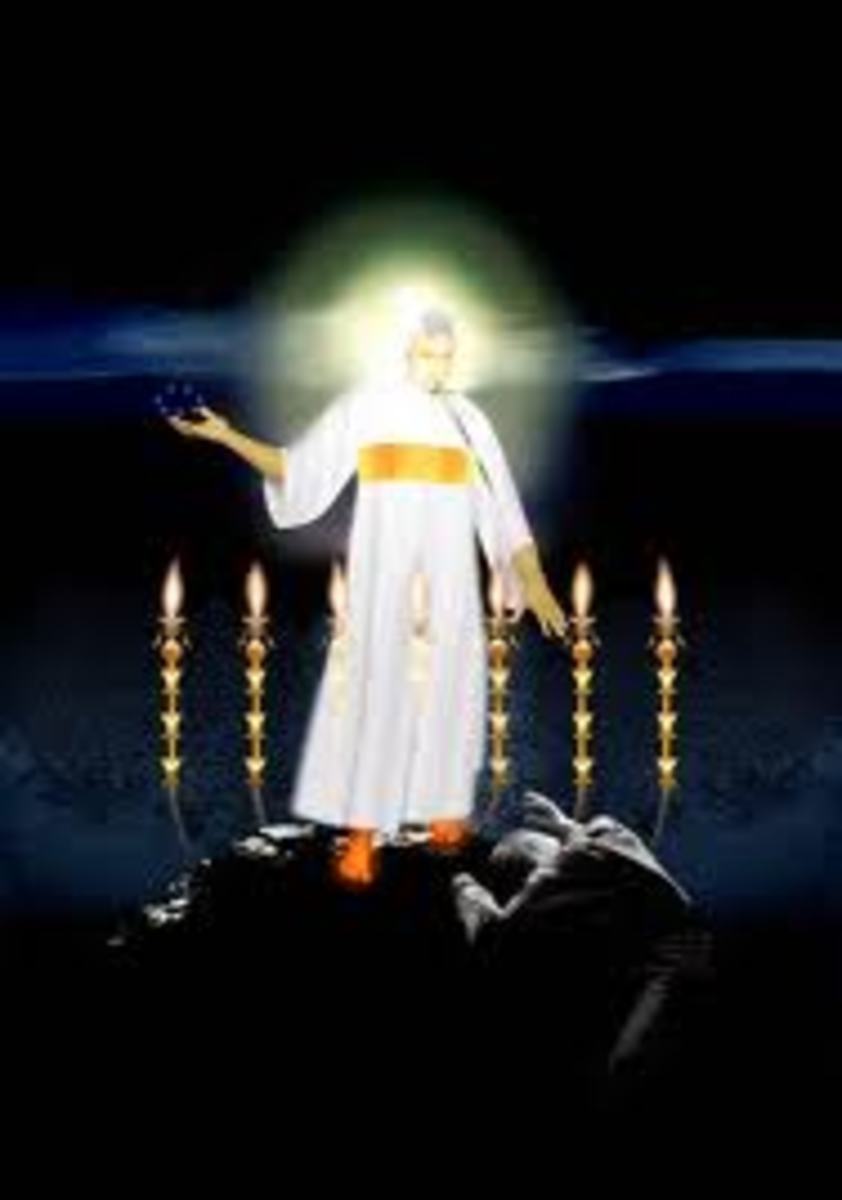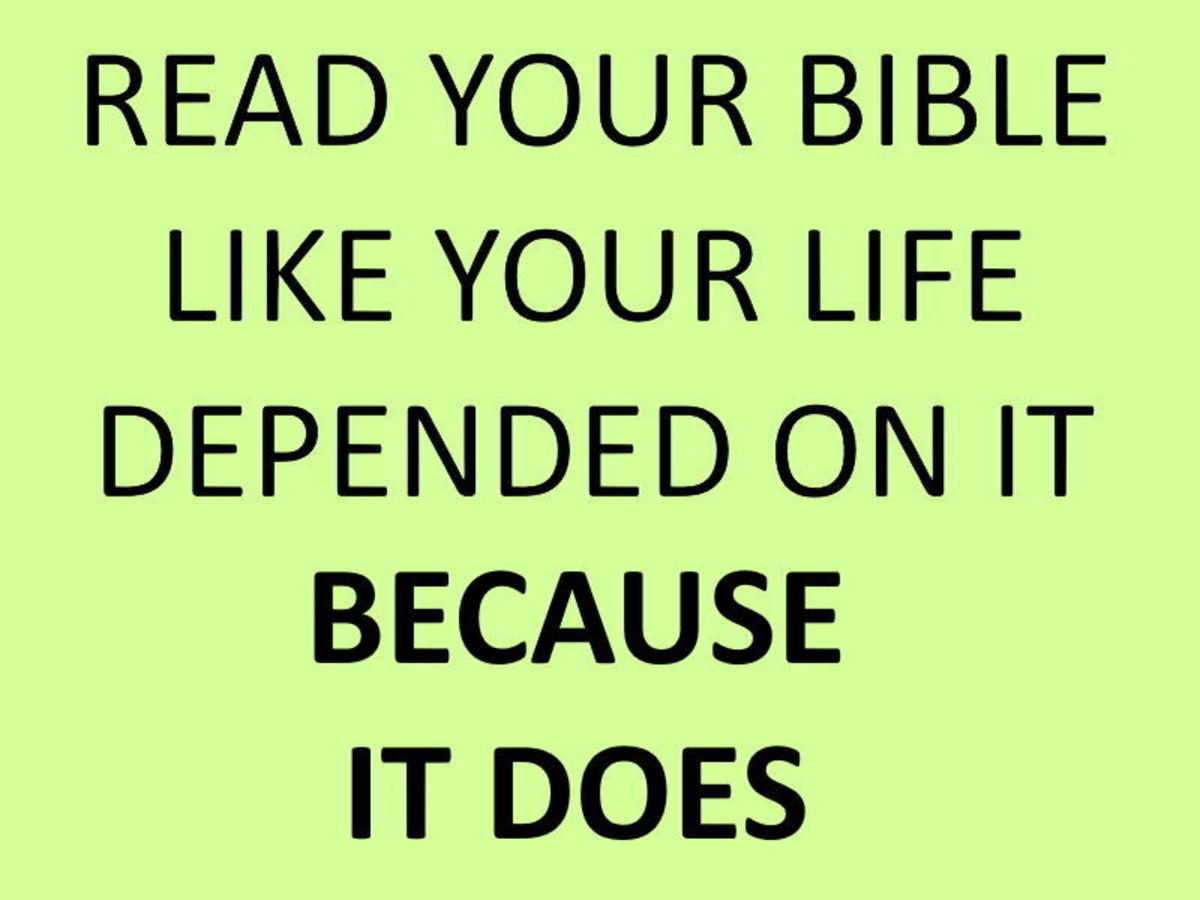Does God Exist?
Is Anybody Out There?
In today’s age, is there any proof that God exists, or is it true that He is just a ‘crutch’ for Christians and those who choose to believe? That is, is He just a yarn weaved up to make us feel better about the brutality of our human existence? Was Karl Marx right when he called religion the opiate of the masses?
The question of God’s existence is one that has engrossed, preoccupied and fascinated both philosophers and thinkers for centuries. Added to the debate is the fact that neither side can prove or disprove that there is a God, it comes down to being a matter of faith, regardless of which side you choose to believe. If we are honest with ourselves, we must admit that it is a stretch for both the Christian and the atheist.
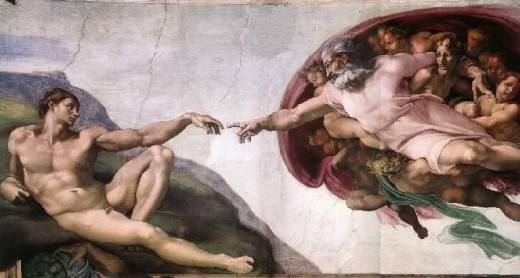
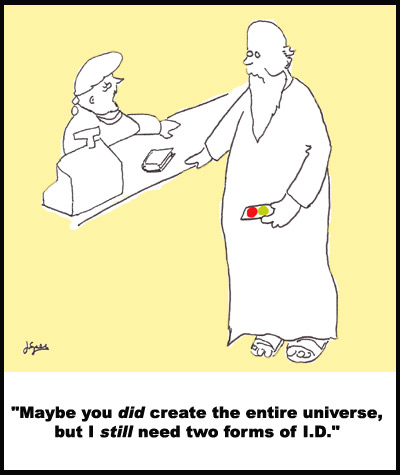
The Atheist Contradiction
Atheists do not believe that there is a God. Ironically, I don’t believe in atheists, in the sense of the definition being someone who knows for a certainty there is no God. That’s a pretty bold statement, in my opinion. That type of knowledge by nature is most likely, unattainable. People leaning towards atheistic thinking will sometimes make irrational statements, such as, “Have you seen God? No.” or, “The astronauts have been into the heavens and they have not seen God, so where is He?”
Please consider, of all the knowledge in the world, how much would the smartest person in the world have? Would they know 50% of all there is to know? How about 80%? How ‘much’ would they know?
Could they give me, in order, the seventeen emperors of the Ming Dynasty of the 16th century?
Could they list for me the first 15 caliphs of seventh century Saudi Arabia, along with their wives?
Of the 1,500 known languages in the world today, would they be able to speak 1,300 of them?
If they had to take a test given by the leading astrophysicist in the world, how much would they know?
Would they be able to recite the chemical compounds in order?
Of all the knowledge printed in all of the world’s books printed in just 2008 alone, how many would they have read?
In consideration of the above, I ask again, how much could even the smartest person in the world possibly know? Would they know 50% of all there is to know? Would they know 30%? How about 20%? I believe that it would be a generous estimate to say that they would know 5% and even then that means that they wouldn’t know 95% of all that there is to know
In light of the above information, how can the atheist possibly be sure that the ‘knowledge of God’ isn’t in the 95% of knowledge that they may not possess?
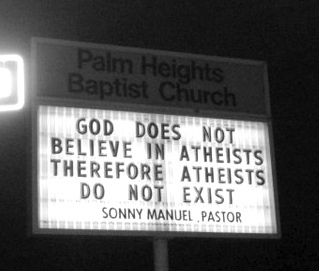
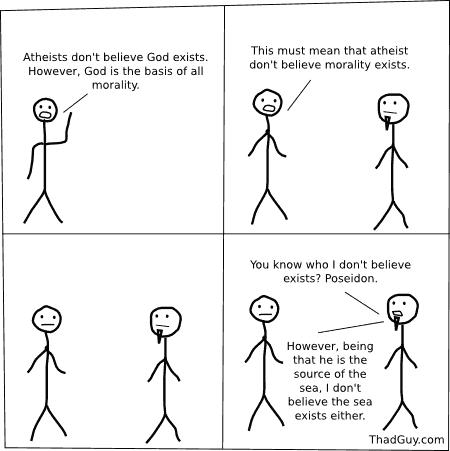
Pascal’s Wager
Let’s examine the alternatives…
In the first one we’ll say that there is no God. Everything came to be through evolutionary chance and Homo sapiens are all simply ‘advanced’ animals. Life then, of course, would have no lasting purpose – that is, we live – then we die and go to the grave and there is nothing after that.
The second alternative, then, has a Creator God who made, fashioned and shaped you. He loves you and cares for you. He has plans for you and your life. He is with you today, where you are. He is present with you at all times, always. He desires to give you a full, abundant and blessed life. He wants you to discover all of the happiness and joy that He intends for you and He will help you to do so. He wants you to learn great and marvellous things. He wants to empower you with ambition and wisdom and knowledge to be successful in everything you do. More so, He has a magnificent plan that will give you the opportunity to live with Him through all eternity on the other side of death and the grave.
These are the alternatives every one of us has. I have not considered extra-terrestrial beings because that alternative does not answer the ‘God’ question – it just moves it to another planet. What I mean is that we would still have to answer ‘where’ the ET’s came from, as in, “Were they created or did they evolve?”
The great French philosopher, scientist, mathematician and probability theorist, Blaise Pascal, pointed out that if God didn’t exist, then those who had spent a lifetime “believing” in Him truly wouldn’t have lost anything anyway. On the other hand, if God does exist, then the person who chooses not to believe has lost literally everything – while the Christian’s true existence would only have just begun!
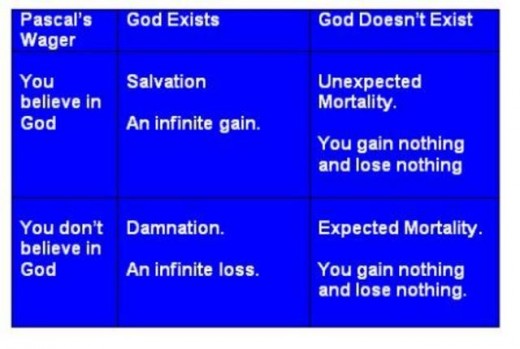
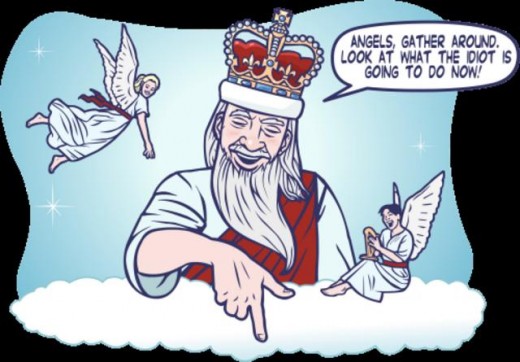
The truth is, friends, great philosophers throughout time have acknowledged the need for God. Philosophers and psychologists have confessed to the reality that, “Man does better if he acts as though God is there.” The brilliant Voltaire once observed: “If God did not exist, it would be necessary to invent Him.” Have you ever noticed that deep within the human heart, there’s a sense that there must be more to life that just surviving then dying?
So which would you choose? The desolation of atheism, or the possibility of the joy of being forever with a God who designed and loves you?
The truth is that it takes ‘more’ faith to believe in evolution, than it does to believe in God. Biology teaches that ‘life begets life’, whereas evolutionists believe that non-living things can eventually produce living things. Even as far back as the 1960’s, high speed computers were able to calculate the odds of the trial-and-error of Darwinian evolutionary progress could lead to the existence of life and the human race. Their results: zero! There was no chance of it working, no matter how long you let the time scale run.
Friends, the idea that mutations can, over eons, slowly produce new and improved life forms goes against all that we see in the world of science and biology. Most mutations are a form of disfiguration, not improvements, and are harmful and even lethal to the organism. So much as so that if mutations accumulate, the result would be more like ‘de’volution than evolution. Where can we point to a mutation in the human experience – say, a new appendage, for example – that was truly an improvement on what we had before?
Also, due to the nature of these alleged mutations, it would be virtually impossible for it to be a slow process. Consider this, the fish that slowly developed lungs would have had to also develop legs at the same time, or else it drowns. Look at it this way – the microscopic organism swimming around in the primordial ooze, when did it decide it needed a mouth and ‘why’? But more than that, a mouth would be useless without a stomach and digestive system. Therefore, at least these three things would have to be developed ‘simultaneously’ and the idea of it taking eons to accomplish this would allow for that organism to die out before it had the chance to evolve.
Let us not forget that we now know, due to the study of DNA, that evolution is scientifically impossible.
Simple deduction then tells us that the only obvious alternative left is that there is a God! Where there is design, there must be a designer. Likewise, where there is creation, there must be a creator. The simple truth is that the odds of there being “life-by-chance” are one in ten to the fiftieth power (Sir Fred Hoyle). The realty of the matter is that ‘Christians’ should not be the ones to have the burden of proof, but rather those who feel they have a valid debate. Speaking of which, one of the bigger debates concerning the existence of a God asks the question, “Why do bad things happen to good people?” This to me is a very relevant question and I am hoping to take a closer look at that in an upcoming Hub.
Last of all, I’d like to ask you to ponder the following. What happens to people when they decide that there is no God to love them? What happens to a society that concludes that there is no God in the heavens to look down on the livelihood of man? I have been told that in the Soviet Union, under communism, the Russian woman had an average of three abortions by the time she was 40; some as many as ten. Alcoholism was off the charts and suicide rates were sky-high. I have heard record of a former communist who confesses that, “for forty years, we tried atheism, and it failed. We all know that it failed. We saw firsthand how it left all of us morally barren; we were left with no hope, no future. So the question to us is not whether atheism is the answer to the question of life. We know all too well that it is not. No, our question is rather whether Christianity ‘is’. See, you don’t have to answer all the questions about atheism; we just want to know that Christianity is the most viable option.” Now that is a model example of a person who is being honest with themselves. I’ve also heard it summarized this way, “Know God, know love – No God, no love.” What else could I possibly add?
God-bless. Thank-you for reading.
Special thanks to: Shawn Boonstra, Mark Finley, and Chuck Colson & Nancy Pearcy
